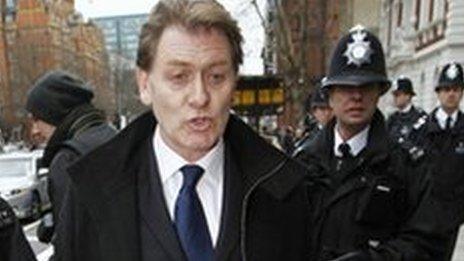Harman: Falkirk selection problems were one-off
- Published
- comments
Labour Deputy Leader Harriet Harman says there will be further reforms, including a cap on spending, on the party's candidate selection process
Harriet Harman has rejected claims that candidate selection problems go much wider than Falkirk, the seat at the heart of a row with the Unite union.
Labour's deputy leader said it was "not concerned" about candidates already selected in other seats and had ended rules which were open to abuse.
Spending on party elections will be capped in future, she said.
Unite general secretary Len McCluskey said the rules were followed and Labour's inquiry was a "shoddy fraud".
Ms Harman was speaking to BBC One's Andrew Marr Show amid a war of words between Labour's leader Ed Miliband and Mr McCluskey.
'Bad practices'
Unite is accused of signing up its members to the Labour Party in Falkirk, some without their knowledge, in an effort to get its preferred candidate selected to succeed MP Eric Joyce in 2015.
Mr McCluskey denies that people were recruited without knowing about it, and says Unite worked within the rules in Falkirk.
But Labour has referred the allegations to the police, after its own internal investigation found there were "bad practices". It has also suspended the "union join" scheme, which allowed unions to pay the subs of new Labour members on a temporary basis.
Unite is backing candidates in 41 other constituencies.
Conservative Justice Secretary Chris Grayling told the BBC's Sunday Politics: "We now know that, not just selections that are due to come, but selections that have already taken place have imposed left-wing candidates onto Parliament, which will have a material impact on this country."
But Ms Harman played down suggestions that the problems went wider than Falkirk.
She told the BBC: "If you look at the figures which we have done, that Falkirk is definitely the first time that there had been an attempt at mass recruitment of membership and irregularities.
"Most of the 'union join' membership joins were just one per constituency ... this is the one where there's been a problem. The scheme was open to abuse, it was abused in Falkirk."
She added: "The ones that have already had selections, we are not concerned that the scheme was abused because you only have to look at the numbers to be clear that's the case."
House remortgaged
However she said there were a number of other constituencies that were being looked into "for different reasons", which pre-dated the Falkirk row.
She said there would be a "significant change" in Labour's relationship with the unions as new rules would be brought in to cap spending by prospective parliamentary candidates - and also for MPs running for party positions.
Ms Harman told the programme she had not received union backing for her bid to become Labour's deputy leader, and had had to remortgage her house to fund it.
"Most people are not in a position where they can do that, and that's unfair," she said.
But she said the relationship with the unions was important, to ensure working people had a voice in public policy making.
Ed Miliband has pledged to "mend, not end" Labour's relationship with the unions in the wake of the Falkirk row, which saw the candidate selection process and two party members suspended. Labour's election co-ordinator Tom Watson also quit after becoming embroiled in the row.
In an article for the Mirror, external, Unite's general secretary Len McCluskey urged Mr Miliband to "step back from the brink of a ruinous division".
He denied there had been any "criminal wrongdoing": "Unite was working completely within the rules to secure the selection of a working-class woman as Labour candidate, someone with 30 years membership of the party.
"That has upset those who are more used to parachuting favoured candidates into safe Labour seats on a you-scratch-my-back-I'll-scratch yours basis."
He complained that the union had been "smeared by the usual suspects - the Tories and the right-wing media" adding: "Shamefully, some in Labour's own ranks have joined in."
But former Labour home secretary John Reid told the BBC the row was not just one about selection rules, and there was "a problem with one or two trade union bosses".
"It is at heart an ideological battle, a political battle between those who want to take Labour back to the 70s and 80s, as Len McCluskey does, where we represented the sectional voice, the weak echo of every industrial demand of the trade unions and those like Ed Miliband who want to see us move increasingly towards an open party which reaches across class, across geography, across gender in which ordinary trade unionists can play their part, along with many others."
- Published7 July 2013
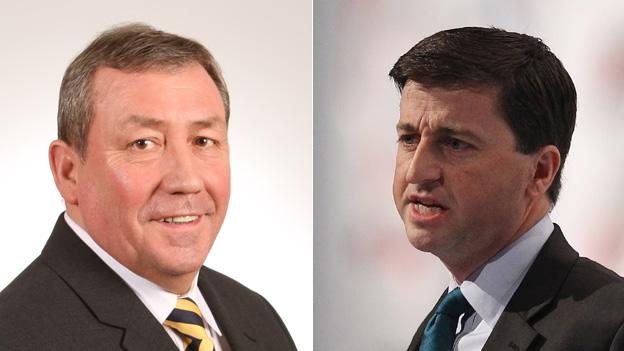
- Published7 July 2013
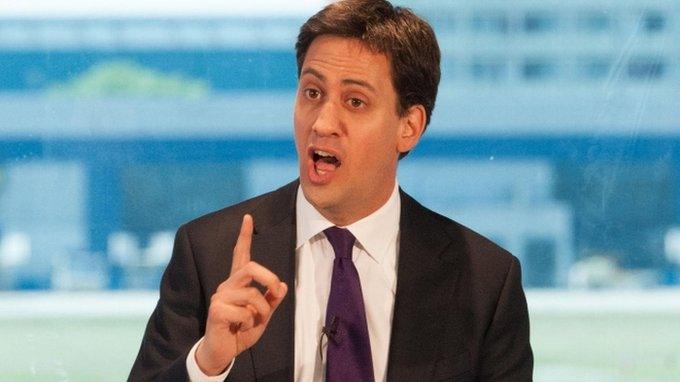
- Published9 July 2013
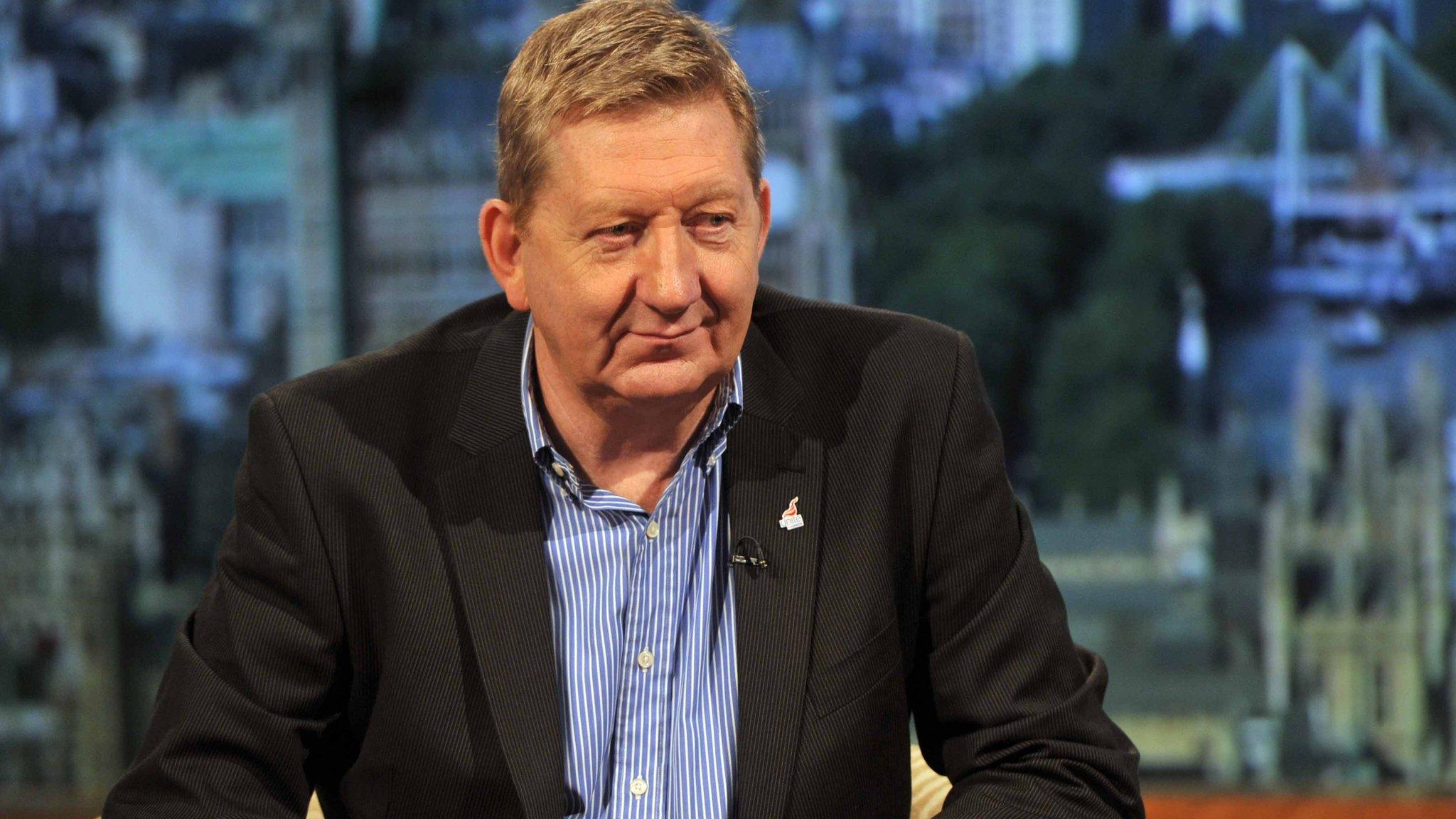
- Published6 July 2013
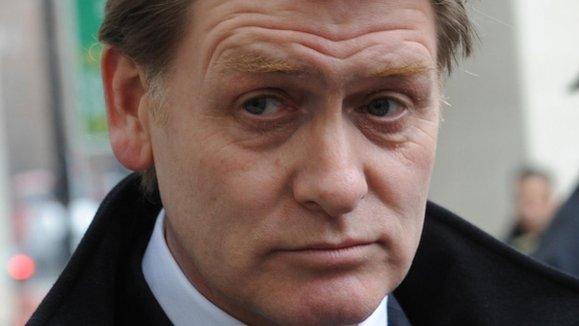
- Published5 July 2013
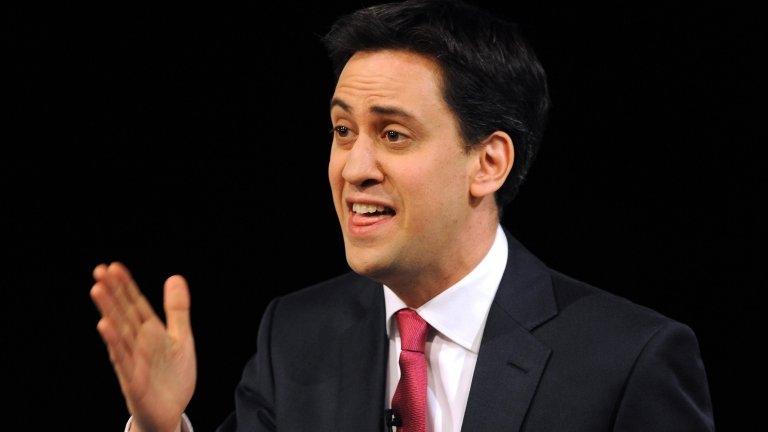
- Published4 July 2013
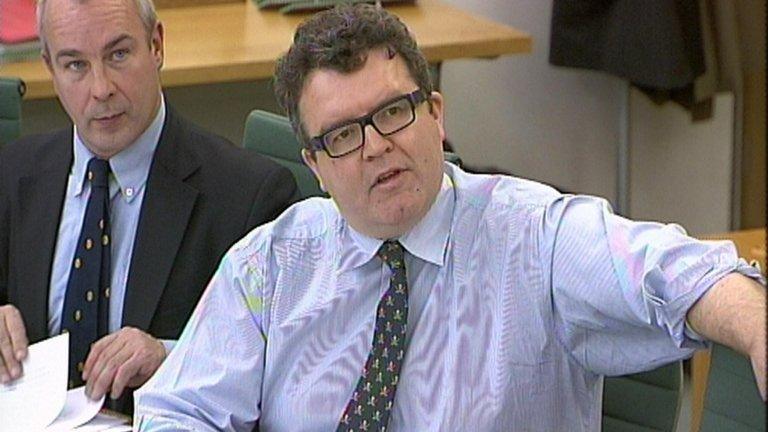
- Published4 July 2013
- Published6 December 2016
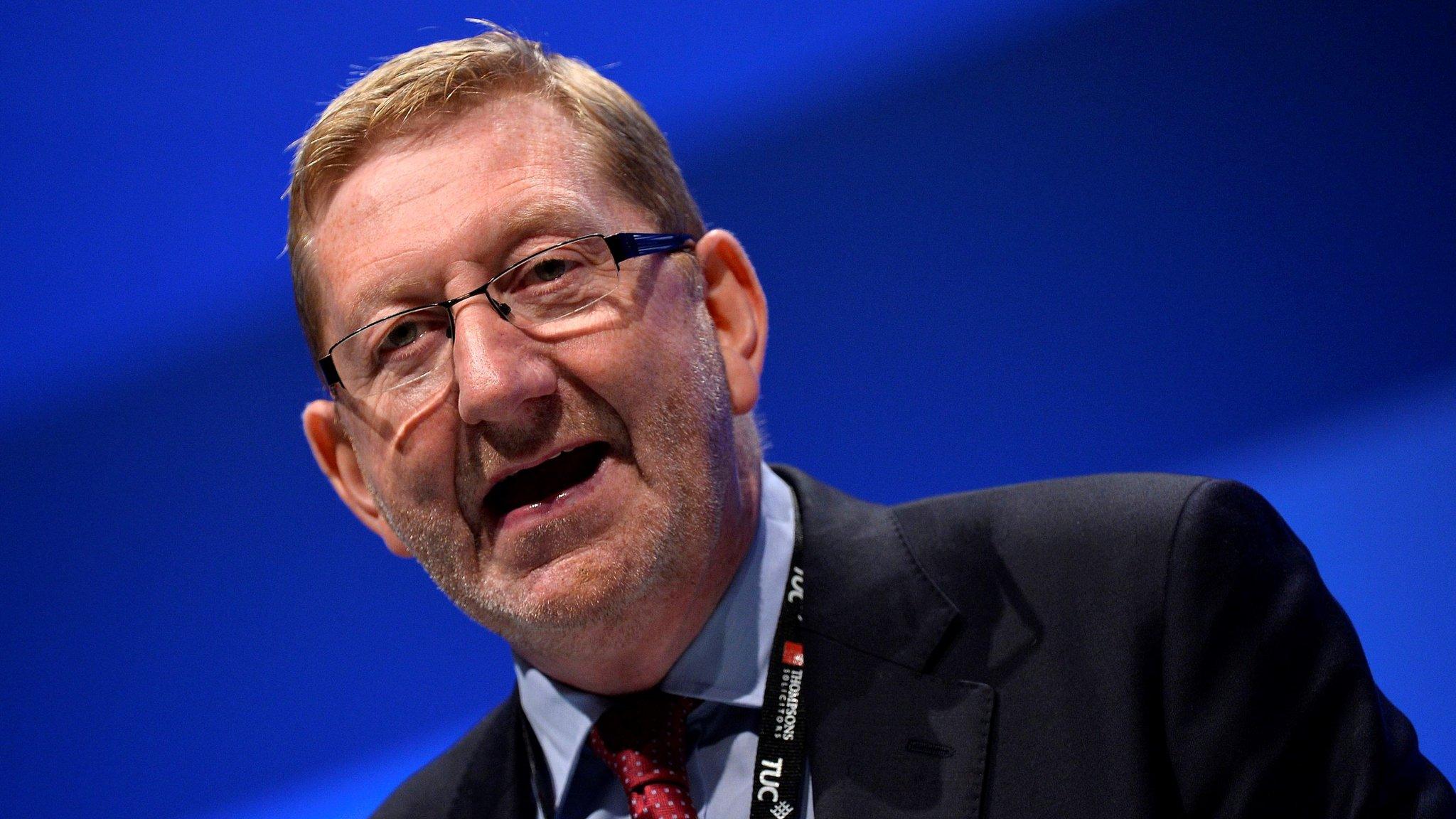
- Published4 July 2013
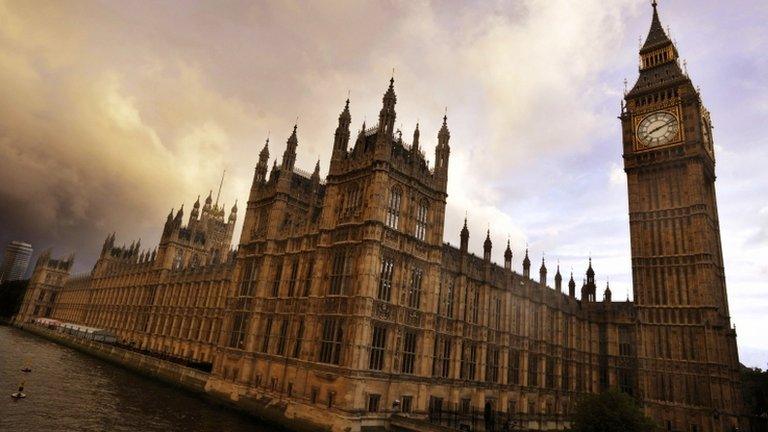
- Published2 July 2013
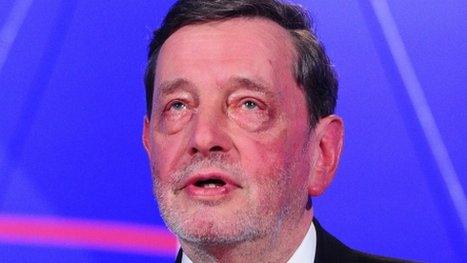
- Published25 June 2013
